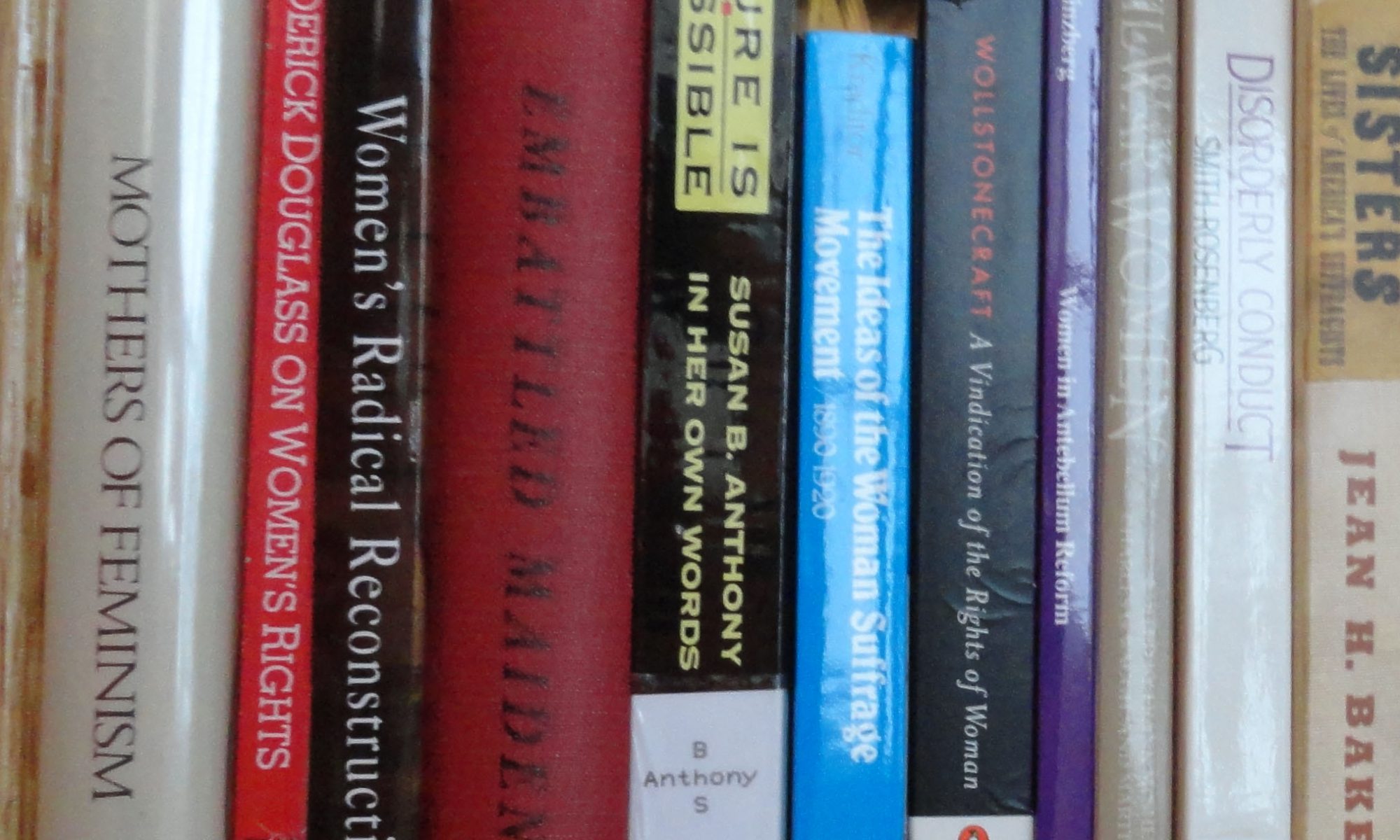 Maxine Greene is best known as an indomitable fighter for the valuing of the arts and social justice in education. She has been Philosopher-in-Residence at the Lincoln Center Institute for the Arts in Education since 1976. In 2012 she founded the Maxine Greene Center for Aesthetic Education and Social Imagination. She is the author of numerous books that challenge readers to re-examine set beliefs and embrace the arts as a way to broaden conversations and community across diversity. The following excerpt is from Releasing the Imagination (1995).
Maxine Greene is best known as an indomitable fighter for the valuing of the arts and social justice in education. She has been Philosopher-in-Residence at the Lincoln Center Institute for the Arts in Education since 1976. In 2012 she founded the Maxine Greene Center for Aesthetic Education and Social Imagination. She is the author of numerous books that challenge readers to re-examine set beliefs and embrace the arts as a way to broaden conversations and community across diversity. The following excerpt is from Releasing the Imagination (1995).
No one can predict precisely the common world of possibility we will grow to inhabit, nor can we absolutely justify one kind of community over another. Many of us, however, for all the tensions and disagreements around us, would reaffirm the values of principles like justice and equality and freedom and commitment to human rights, since without these we cannot even argue for the decency of welcoming. Only if more and more persons incarnate such principles, choosing to live by them and engage in dialogue in accord with them, are we likely to bring about a democratic pluralism and not fly apart in violence and disorder. Unable to provide objective ground for such hopes and claims, all we can do is speak with others as elegantly and passionately as we can about justice and caring and love and trust. Like Richard Rorty* and those he calls pragmatists, we can only articulate our desire for as much intersubjective agreement as possible, our “desire to extend the reference of “us” as far as we can.” But as we do so we have to remain aware also of the distinctive members of the plurality, appearing before one another with their own perspectives on the common, their own stories entering the culture’s story, altering it as it moves through time.
*Roty, R. “Solidarity or Objectivity?” In Objectivity, Relativism, and Truth. Cambridge: Cambridge University Press, 1991.
Maxine Greene Center for Aesthetic Education
